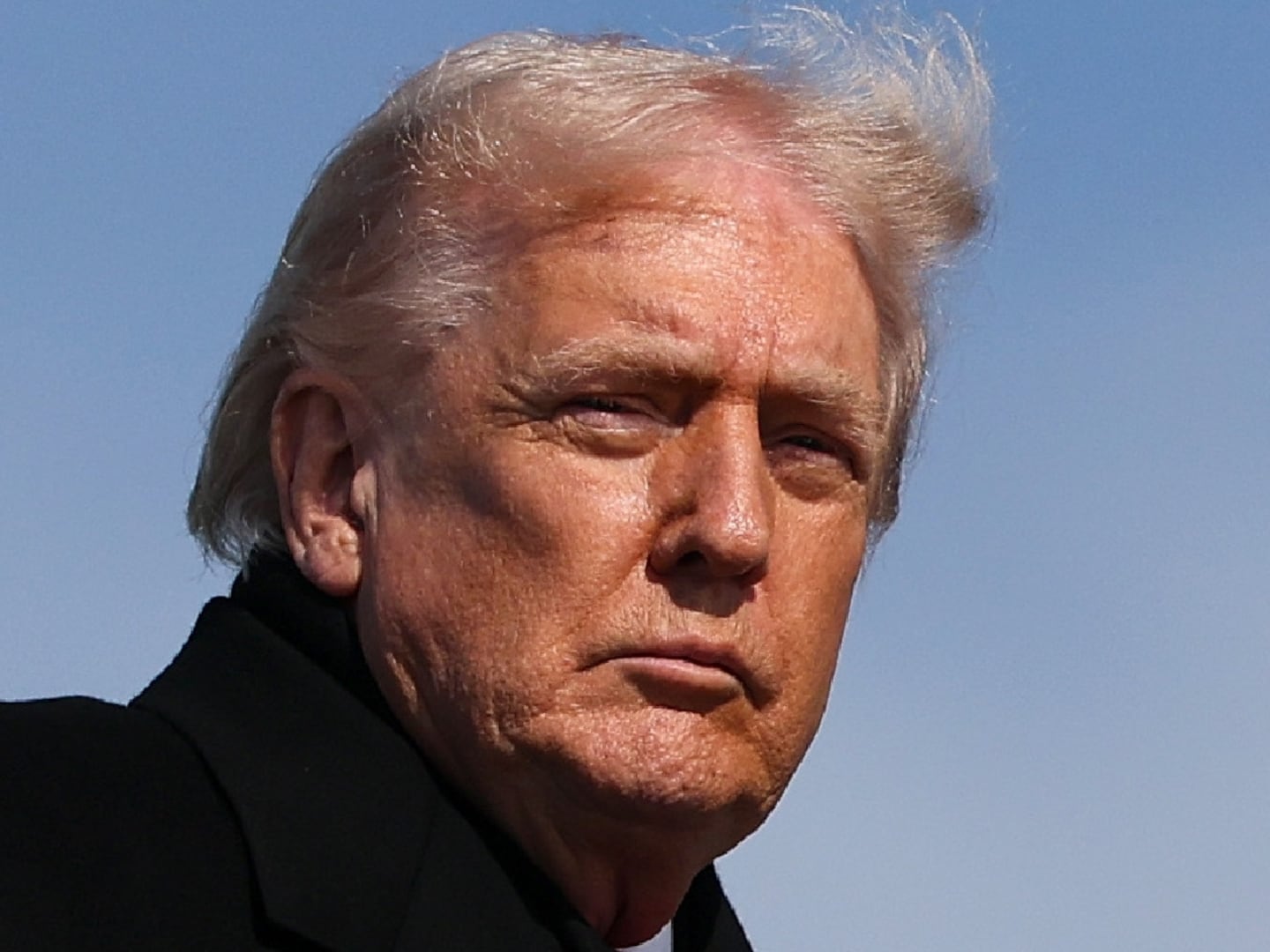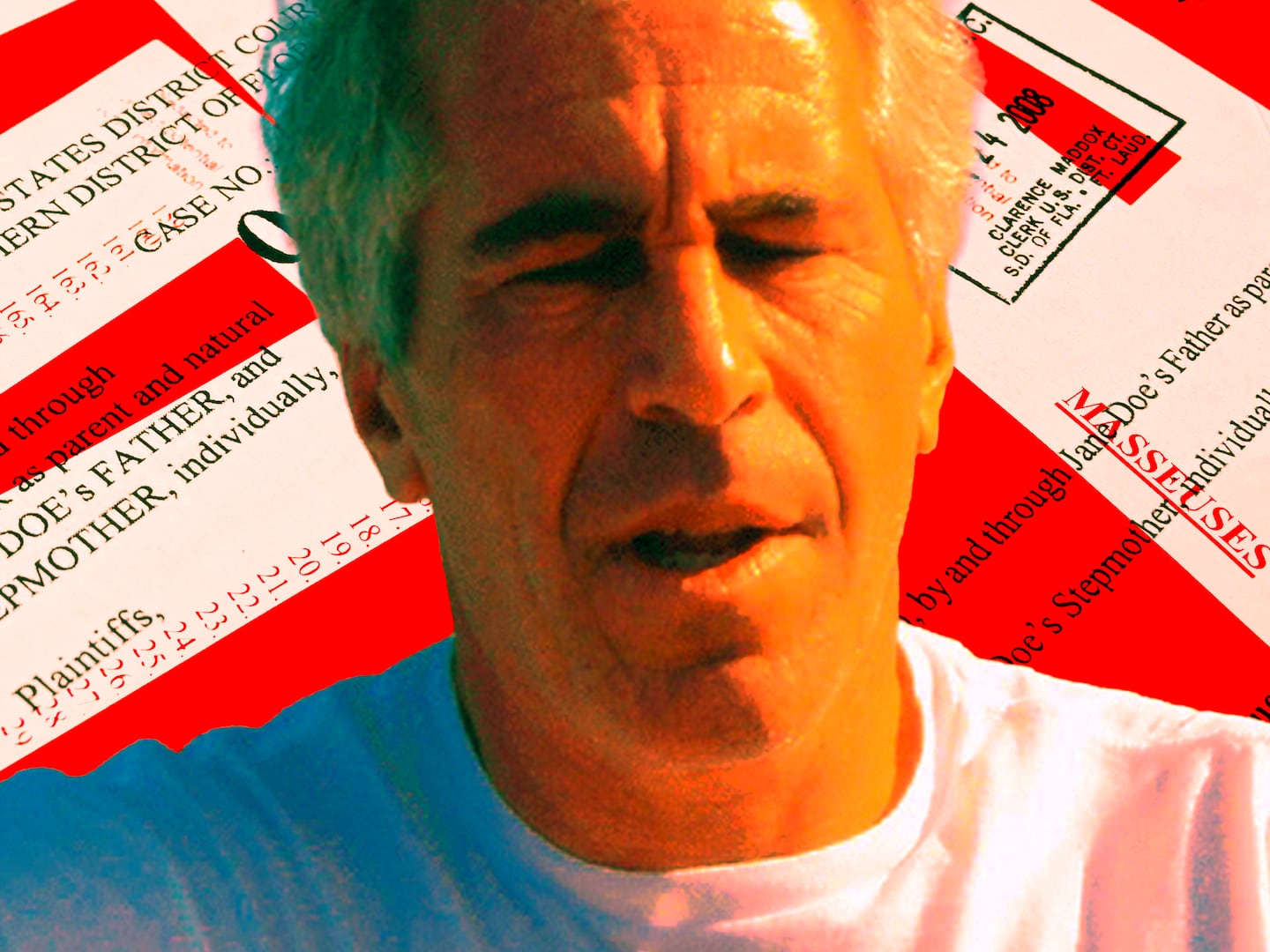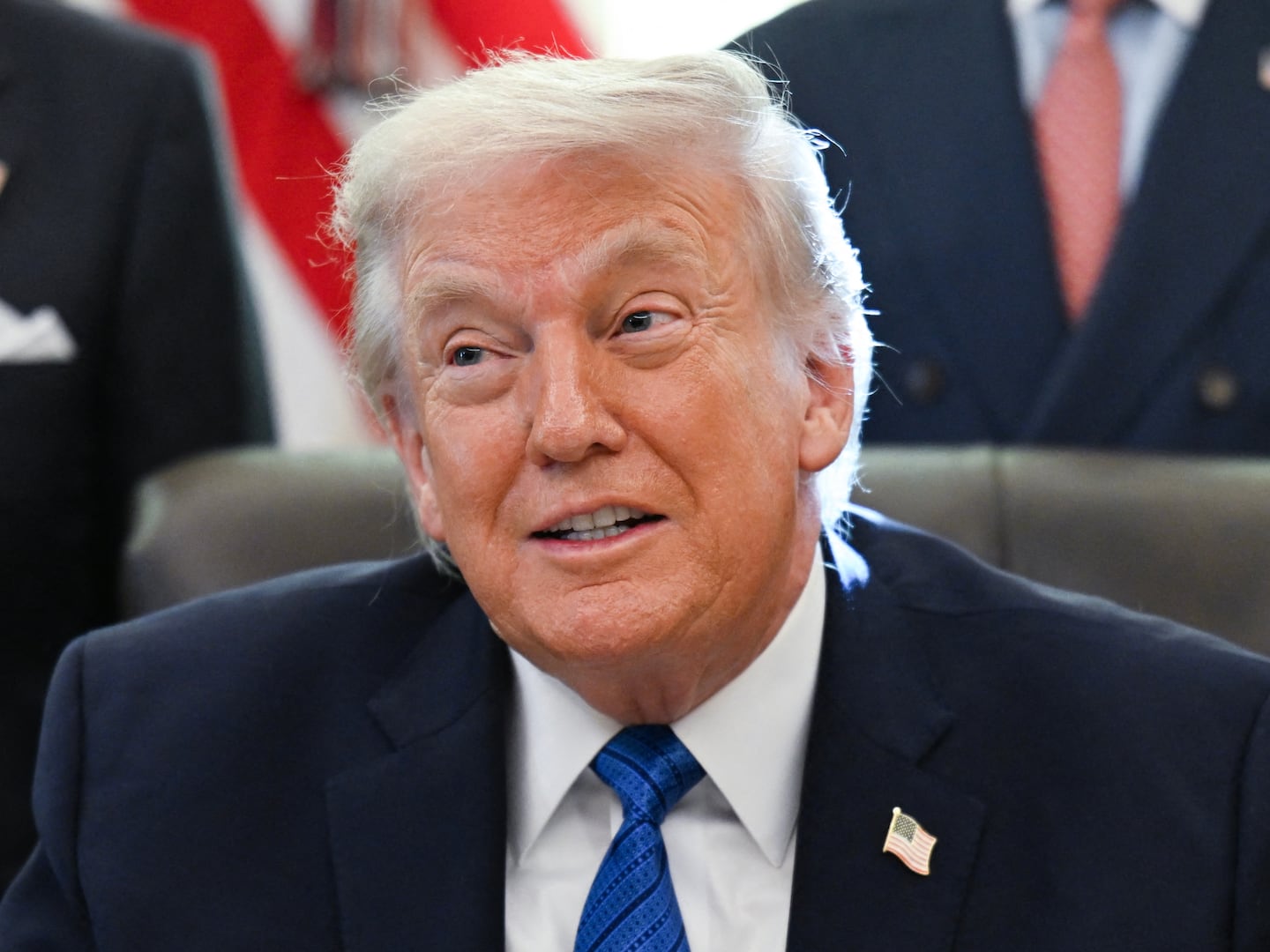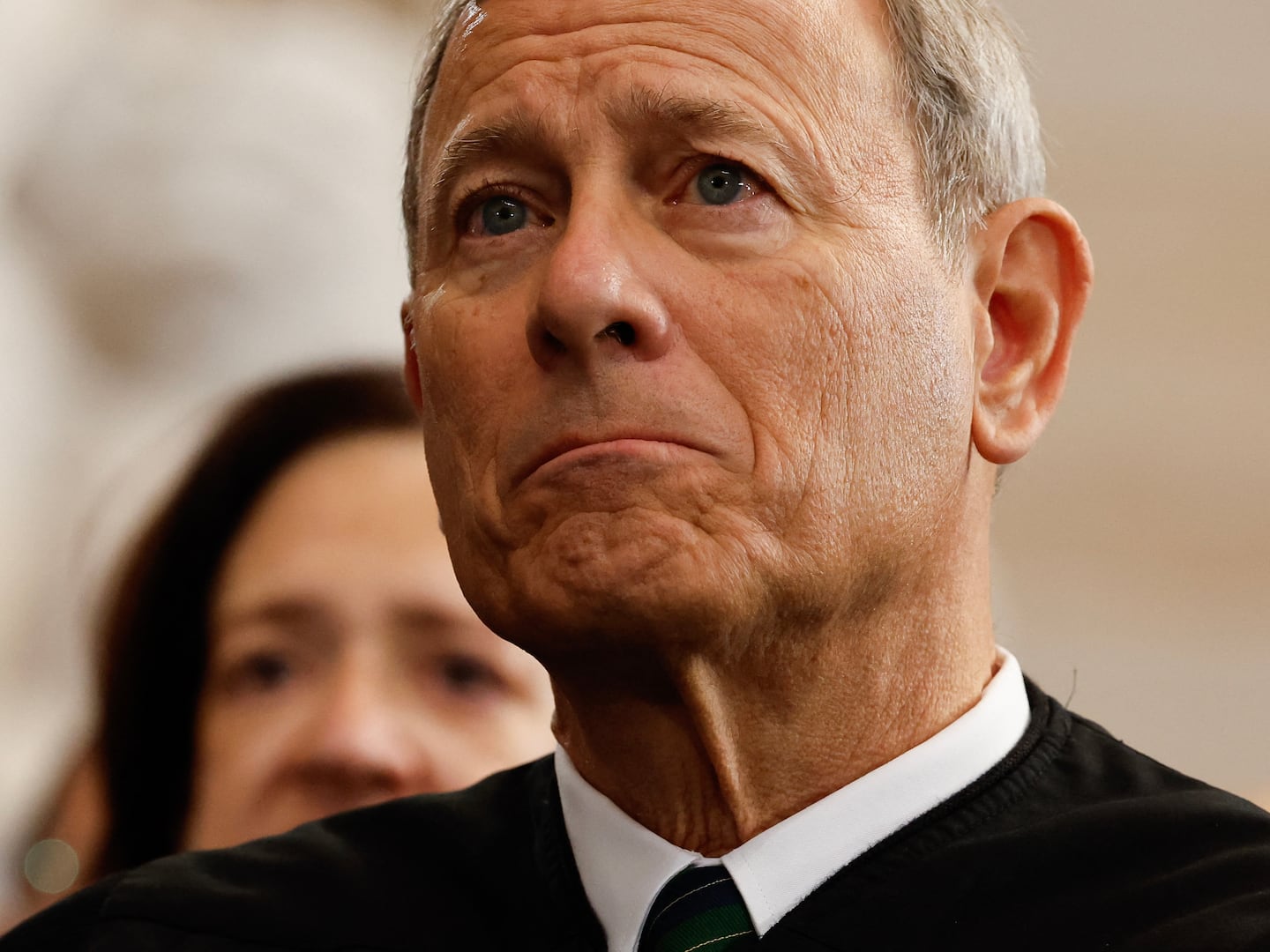Plus, Robert Gates' fears about Libya and Gaddafi's aborted amnesty deal.
Hold your wallets and hang on to your military-age children. Senators Kerry, Lieberman, and McCain, along with hordes of humanitarians and neoconservatives, have converged with one aim, to push the U.S. into war in Libya. Yes, it would be war, though they like to call it "humanitarian action" and pretend it's just a simple matter of declaring and enforcing a no-fly zone over Libya. What they're really proposing is a potential tragedy—for the U.S. and for Libyans. Better to let Libya's neighbors do the heavy lifting with restricted U.S. help, as President Obama seems inclined to do.

To begin with, what's going on in Libya should not in any way be confused with the 1994 genocide in Rwanda. In that African horror, Hutus were slaughtering an estimated 800,000 defenseless Tutsis. The U.S. military actually had a good and workable response to this genocide. The generals suggested sending in a few thousand troops to set up a "safe haven" in Rwanda's border region, where civilians could flock for protection. U.S. troops would not engage in combat at all.
It was a tragedy that President Clinton rejected this proposal for fear of getting involved in an African civil war like Somalia. It was also a tragedy that he waited so long to intervene militarily in Bosnia, where the aggressors, the Serbs, and the victims, the Bosnian Muslims and the Croats, were quite clear. Helping the victims in Bosnia was not a shot in the dark; Americans and Europeans knew the leaders of the victims pretty well and could make sensible decisions on whom to help and how.
Violence on a significant scale has been occurring in Africa for decades in places like Sudan, the Ivory Coast, and Congo. Did Senators Kerry, Lieberman, and McCain propose U.S. military intervention in those countries? Were these catastrophes any less deserving of humanitarian intervention?
The violence in Libya is quite serious, but it has not reached the levels of past crises such as those in Africa or Bosnia—yet. My concern is that it could get to those proportions after U.S. military intervention. It might also reach those proportions after either the rebels or Col. Muammar Gaddafi's forces prevail. The point is, this could happen when whichever side wins. We know Col. Gaddafi is a nut, a thug, and a killer, and the three senators were well aware of that for many years—but did they propose military force to depose him?
The United States would be crazy to hitch its star, in any military manner, to the new “freedom fighters.”
The real question is this: If the rebels gained power, would they be any better than Col. Gaddafi? I haven't found many Americans, or anyone else, for that matter, who know much about them. Doubtless, some are noble freedom fighters who seek democracy for their nation. Still, I wouldn't bet on many of them falling into that category; they've had little opportunity to learn about democracy under the tutelage of Col. Gaddafi. Many of them could turn out to be thugs, thieves, and would-be new dictators. Surely, some will be Islamic extremists. One or more might turn into another Col. Gaddafi after gaining power. Indeed, when the good colonel led the Libyan coup in 1969, many right-thinking Westerners thought him to be a modernizing democrat. "I guess we were kind of euphoric about him at first," William D. Rogers, who was President Nixon's secretary of state at the time of Gaddafi's ascension to power, has said. Many caring and anti-colonial Westerners felt the same good vibes coming from the likes of Saddam Hussein in Iraq and Hafez al-Assad in Syria, and on and on.
The troubling truth Americans need to learn is that they know little or nothing about these societies and even less about the monsters who might emerge after a civil war. The United States would be crazy to hitch its star, in any military manner, to the new "freedom fighters." Whatever the results, Muslims will blame America for another war and new bad leaders.
Then, tragedy could also follow U.S. military intervention—namely, step by step into a wider war with more killing all around. Among intervention advocates, it is popular to say that a no-fly zone and supplying rebels with arms would be simple matters and would not draw the United States into a wider conflict. Defense Secretary Robert Gates and Joint Chiefs of Staff Chairman Admiral Mike Mullen speak the contrary truths of experience. They worry about step-by-step escalation. They caution that "little steps" will lead to deeper U.S. immersion in another war. For example, no responsible military man would send U.S. aircraft over Libya to enforce a no-fly zone without first destroying anti-aircraft defenses on the ground. That would be a war. And after we won that war, those U.S. jets high up in the sky still wouldn't be able, in most cases, to spot Libyan helicopter attacks at much lower altitudes and destroy them. Since these helicopters are doing the most damage now, what would the interventionists advocate at that point?
Even to provide arms such as rifles, machine guns, and anti-aircraft missiles to the rebels is not so simple. That very act would tie America to these unknown protesters. Would that make things better or worse when the fighting stopped? Either way, providing arms would make America more responsible for whatever happened. If Europeans, Arabs, or Africans want to provide these weapons, it's their call, and so be it. They live there, let them decide.
The Obama administration seems to be wavering internally over what to do. A few in the National Security Council staff and in the State Department favor intervention of various sorts. The Pentagon thinks doing so is crazy. The president himself appears undecided or somewhat negative about using U.S. force. Far too often in the past, but especially in recent weeks with the Middle East and North Africa in upheaval, his tendency to jump from position to position has worsened. At times, his team seems to equate the rebels with democrats, then retreats to calling them protesters and revolutionaries, then talks about America's commitment to democracy, then hints at intervention of sorts ("keeping military options open" is the line), then backs away and hints of new toughness while agonizing in the press about the woes of intervening again in the Muslim world.
Of course, no one knows how events in Libya or elsewhere in the Middle East will evolve. Sure, we want real democracies, and Americans can help Arab democrats in that path, but only if asked. It is folly to start that incredibly dangerous process of arming and protecting rebels on the supposition that they are democrats, or that they would be better than their present dictators, or that they could "win" with U.S. help.
Instead, the only safe and sound course is to continue to freeze Libyan funds in the United States; warn Libyan killers of all stripes that they will be held to humanitarian account; provide active and massive humanitarian relief services and aid to refugees; condemn Gaddafi's actions at the U.N.; call for the peaceful resolution of the civil war; and leave any military action and military aid to the African Union, the Arab League, the Europeans, or individual states from these groups. And should Britain and France seek a U.N.-approved no-fly zone, Washington should neither thwart nor join it. In the end, the United States cannot and should not be more helpful than Libya's neighbors themselves. Remember, no one maintains that Libya is a vital strategic interest to Washington. One reason is that it produces only 1 percent of the world's daily oil consumption, not worth fighting about.
As the administration weighs its choices, I have one last plea: Please, Mr. President, don't make policy on a daily basis to please howling senators or the maniacal voices on cable news. They won't pay for the consequences of their words. You and the American people will.
Leslie H. Gelb, a former New York Times columnist and senior government official, is author of Power Rules: How Common Sense Can Rescue American Foreign Policy (HarperCollins 2009), a book that shows how to think about and use power in the 21st century. He is president emeritus of the Council on Foreign Relations.






